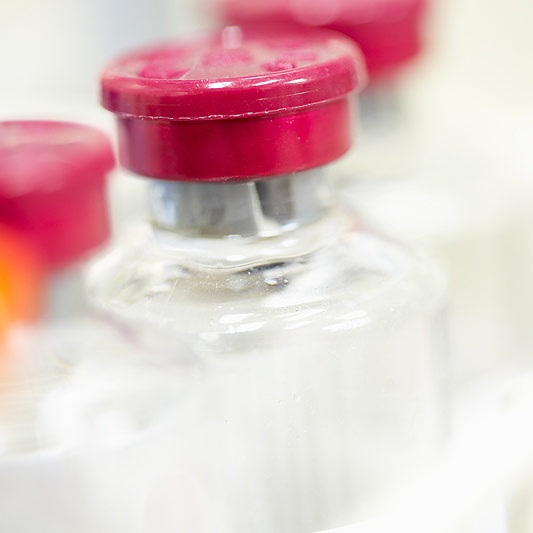
TUESDAY, April 30 (HealthDay News) — Women with breast implants could run the risk of having breast cancer diagnosed at later stages, when survival might be worse, according to Canadian researchers.
Breast implants can make it more difficult to diagnose breast cancer early because they block some areas of the breast on mammograms, experts say.
“Women who currently have breast implants and those considering breast augmentation should be aware of the possible long-term health effects of cosmetic breast implants,” said lead author Eric Lavigne, a Ph.D. graduate in epidemiology with the faculty of medicine at University Laval, in Quebec City.
“They should also be reassured that physicians and other health professionals will continue to offer the best medical practices to these women,” he added.
To see whether breast implants had an effect on breast cancer diagnosis and survival, Lavigne’s team reviewed studies published after 1993. This process, known as a meta-analysis, attempts to find a consistent pattern from different studies. In many cases, these patterns aren’t the focus of or apparent from each individual study, but emerge only after the data are combined.
In this case, by analyzing 12 studies, the researchers found that women with breast implants had a 26 percent increased risk of being diagnosed with late-stage breast cancer compared to women without implants.
When Lavigne’s group looked at another five studies, they found that women with breast implants had a 38 percent increased risk of dying from breast cancer than women without implants.
This finding “may be explained by the advanced breast cancer diagnosis received,” Lavigne said.
These results, however, need to be interpreted with caution since only a small number of studies were included in this summary, and many factors in each study can affect the overall results, he said.
Although the analysis linked breast implants to later-stage breast cancer diagnoses, it did not establish a cause-and-effect relationship.
The report was published online April 30 in the journal BMJ.
Dr. Stephanie Bernik, chief of surgical oncology at Lenox Hill Hospital in New York City, said she will be more cautious with patients.
“Patients ask if it’s OK to do implants,” Bernik said. “We don’t tell them not to, but they have to understand that it comes with a risk of obscuring some of the breast tissue.”
If someone has a family history of breast cancer, they should be cautious, Bernik said. “Everybody should be informed that there is this problem,” she said. “It will limit the ability for cancer detection with mammography.”
Bernik suggested that women with breast implants also have an ultrasound or MRI to get around the problem of the implant hiding breast tissue during a mammogram. She said, however, that for this purpose MRIs aren’t covered by insurance.
More information
To learn more about breast cancer, visit the American Cancer Society.

